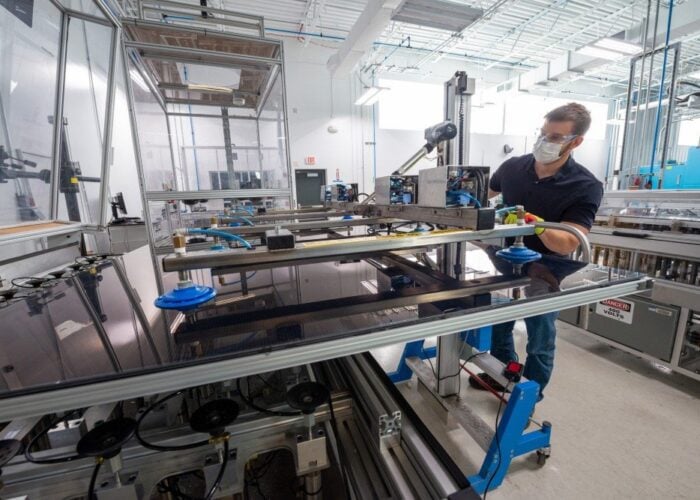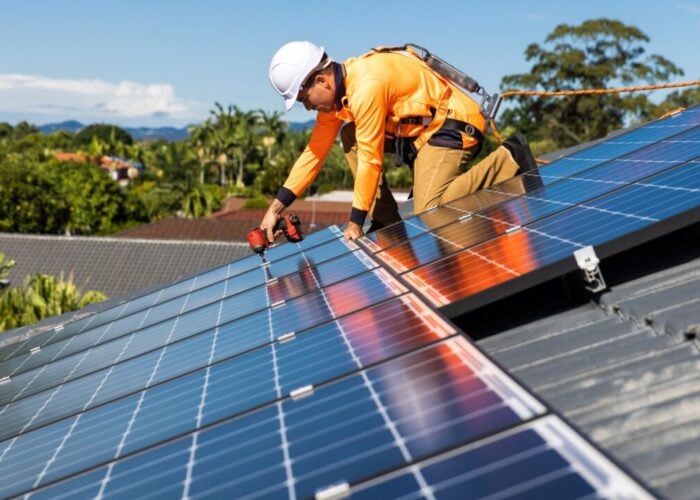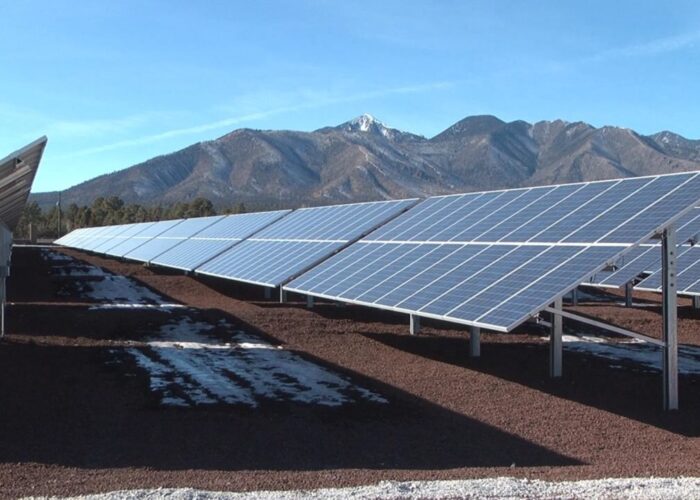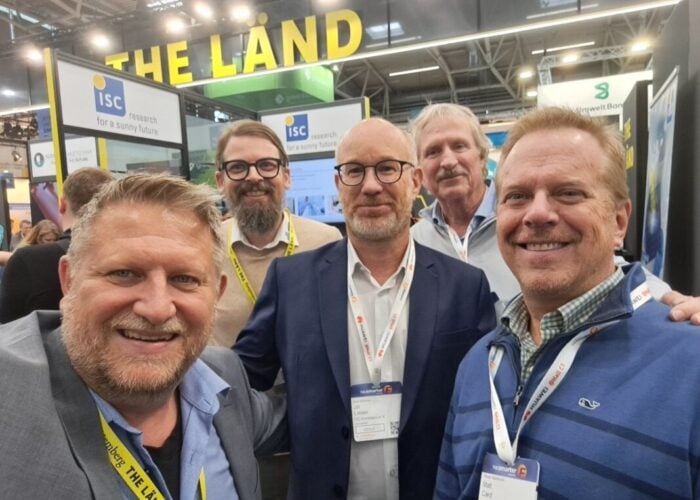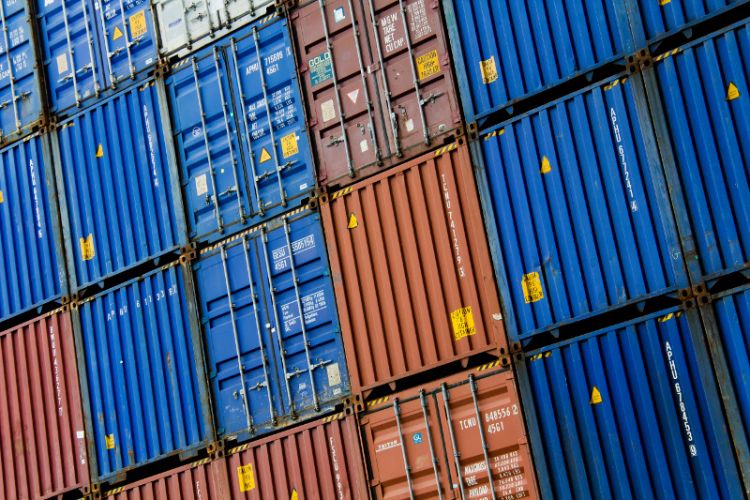
American solar panel manufacturers Auxin Solar and Suniva have filed a petition with the US International Trade Commission (ITC) to extend a tariff system for cells and modules, despite warnings that it was damaging the US solar industry.
The companies argued that the import tariffs, initially implemented in 2018 as a response to cheap imports from China, is necessary because neither of them have been able to complete business plans that would have allowed them to compete with imports.
Unlock unlimited access for 12 whole months of distinctive global analysis
Photovoltaics International is now included.
- Regular insight and analysis of the industry’s biggest developments
- In-depth interviews with the industry’s leading figures
- Unlimited digital access to the PV Tech Power journal catalogue
- Unlimited digital access to the Photovoltaics International journal catalogue
- Access to more than 1,000 technical papers
- Discounts on Solar Media’s portfolio of events, in-person and virtual
But a 2019 analysis compiled by the Solar Energy Industries Association (SEIA) claimed the tariffs had caused “devastating harm” to the US solar industry, losing more than 60,000 jobs, jeopardising 10.5GW of projects and costing the US more than US$10.5 billion in lost economic activity every day.
In response to a request for comment by PV Tech, a company spokesperson said: “SEIA argued the same in the original safeguard and it was squarely rejected by the ITC’s own economic modelling. What has actually happened because of the safeguard is a renewal of module manufacturing in the US and the creation of hundreds of good paying manufacturing jobs. More time is needed for the same to happen with upstream US solar manufacturing.”
Moreover, the companies said their investment plans were derailed by pre-safeguard stockpiling, economic damage of the pandemic, predatory pricing by China and a loophole in the system that allowed excluded modules to be imported in high volumes and at cut-rate prices.
“This is about national security and realizing the promise of green energy independence. We believe the Commission should recommend extending the safeguard remedy for another four years to strengthen the domestic solar industry,” said Mamun Rashid, co-founder and chief executive officer at Auxin Solar.
“Extending this safeguard is essential for America to reclaim its lead in solar energy manufacturing and development.”
Without an extension, the safeguard will end 6 February 2022. The companies hope the petition will prompt the ITC to reassess and examine whether the safeguard is still necessary. The ITC will report its decision to President Joe Biden by 8 December 2021, with the President having the option to extend the safeguard for an additional four years.
Implemented by the Trump administration, the safeguard was a response to damage to the US manufacturing industry following a surge of cheaper imports from China and Taiwan. The ITC determined in 2017 that CSPV cells and modules flooding the US market were detrimental to its own internal production capabilities.
Based on the ITC’s findings, the President Donald Trump imposed 30% tariffs on imported CSPV modules and a tariff-rate quota on imported solar cells.
“These tariffs translate to losses in jobs and economic investment, and a missed opportunity to grow the US economy,” said the SEIA analysis in 2019, which can be viewed here.



